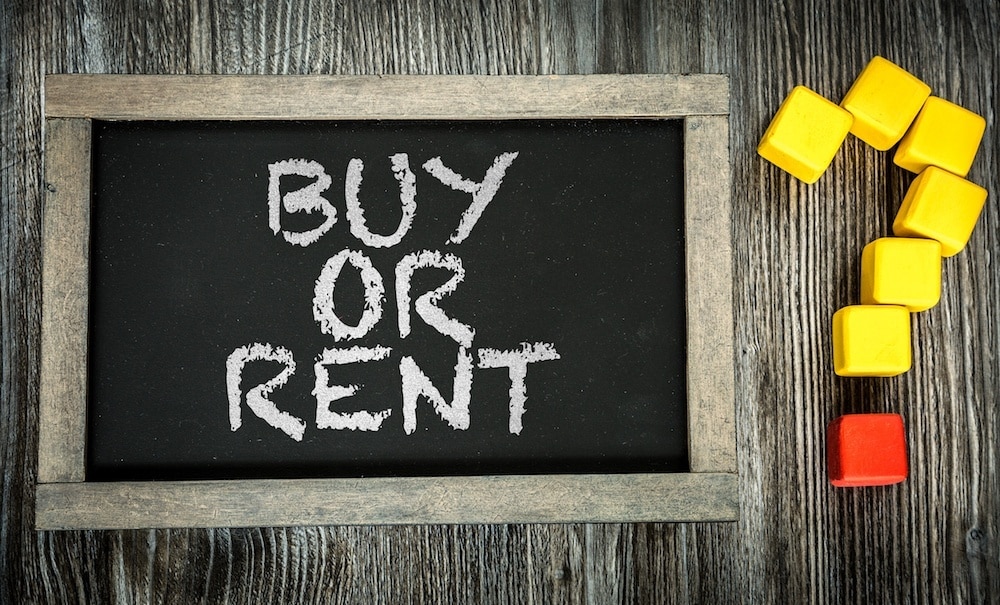To buy or to lease – which is the best option for your essential equipment
Every business, from start-ups to established companies, needs to buy or replace assets. This could be anything from computers to catering equipment, gym equipment to cars. How do you decide whether to lease or buy though, especially if, like most young companies, you are on a limited budget?
Leasing will almost always work out more expensive in the long run – if it didn’t there would be no point offering it as a service, after all! It has its bonuses though – if you lease equipment, it stays up-to-date, usually at no extra cost to yourself. With a lease agreement, your equipment is likely to be replaced for the latest model every couple of years. Buying outright can leave you with equipment that has a short shelf life so you need to consider how important it is for your business to have the latest version of whatever you’re acquiring.
Leasing is also good for managing cash flow, as you’re making a smaller fixed-price payment every month, whereas buying equipment outright, especially if you are talking about a fleet of cars or gym equipment takes a hefty dose of capital. You might find that you can lease the kind of kit that you could never have afforded to buy outright, which will give you a competitive edge in your sector. On the other hand, leased equipment will never count as a business asset, in the way bought equipment does, so that’s a tangible benefit in favour of buying outright.
Maintenance costs are another consideration when you’re deciding whether to buy or lease. If the equipment is business critical, and if it’s the kind of thing that could need regular repairs, an obvious advantage to leasing is that your deal will usually include a maintenance contract. With equipment that you’ve bought and paid for yourself, this will come out of your pocket, and if it’s a kit that is crucial to your business, it’s probably wise to factor a small sum towards repairs into your cash flow forecasts every month.
Tax is another benefit to consider before you lease or buy – for most short-term leases you can claim tax relief for the entire lease payment as it is considered a rental. This usually makes leasing more tax efficient than buying, at least in the short-term, although the lease payments are likely to be subject to VAT, which is obviously an issue if your business is not VAT registered and you are unable to claim it back.
Buying is a lot less complicated than leasing, you find what you like, pay for it, and take it away – simple! With leasing, it can often feel like a never-ending stream of paperwork, and it is important to read what’s put in front of you thoroughly and to negotiate on terms if necessary. To get the maximum benefit from leasing, you need to check what kind of lease you’re signing, and all its associated terms and conditions. You also need to check the fine print about things such as insurance. Confirm if the insurance is included or do you need to take an insurance to protect the items? Early termination of the lease is another consideration – is there a get-out clause in case your business diversifies, or changes and you no longer need the equipment you are leasing? Of course, that could still happen if you buy your equipment outright, but in that scenario, it is your asset to sell on and hopefully, you have to recoup some of your costs.
There are pros and cons to both leasing and buying. You can acquire assets using asset finance and expand your business. However, the key is to consider your business model carefully. Do you need the most recent asset or equipment on the market to remain competitive, and can you afford to purchase them outright? Could you acquire used equipment and still run your business successfully? All of these factors should be considered before signing a long-term lease or making a large purchase.
Whatever you decide, Funding Guru can help. We can source or provide asset finance or a huge range of sectors. Our business finance solutions have been used for leasing gym equipment, vehicles, horseboxes, in fact, any necessary assets that companies don’t want to buy outright. We will take all your circumstances into consideration and find the right package, with lease or repayment terms that suit your situation. Alternatively, if you do want to buy assets outright but have a shortfall, we can probably help you find a business loan or even a short-term business cash advance if you are a firm that regularly takes debit or credit card payments.


